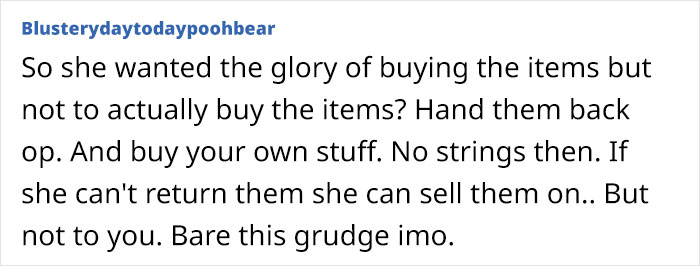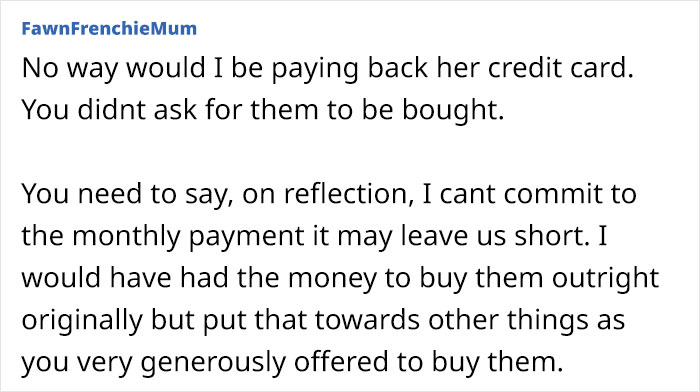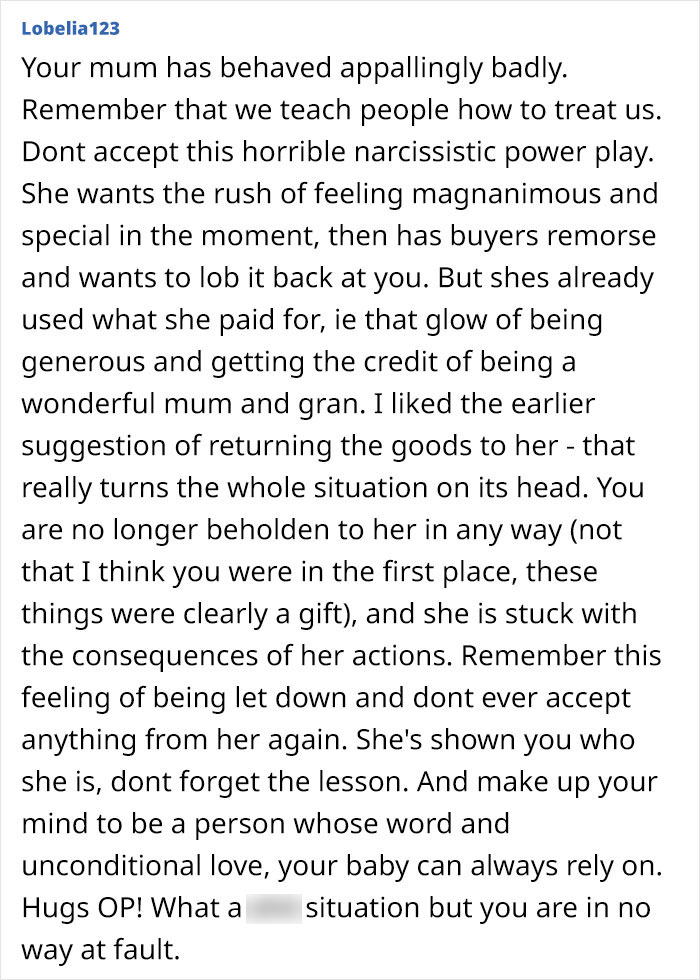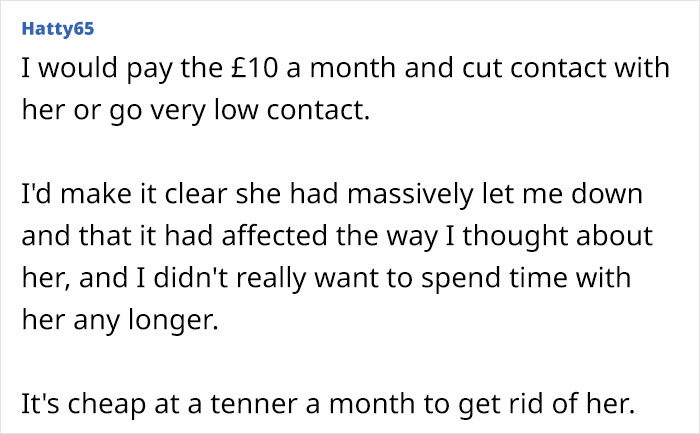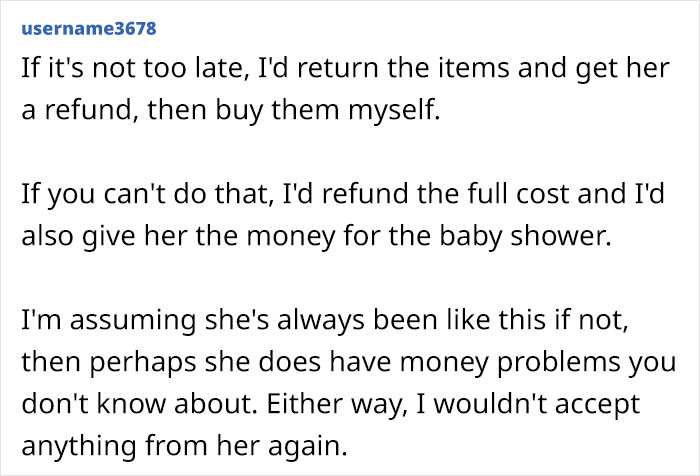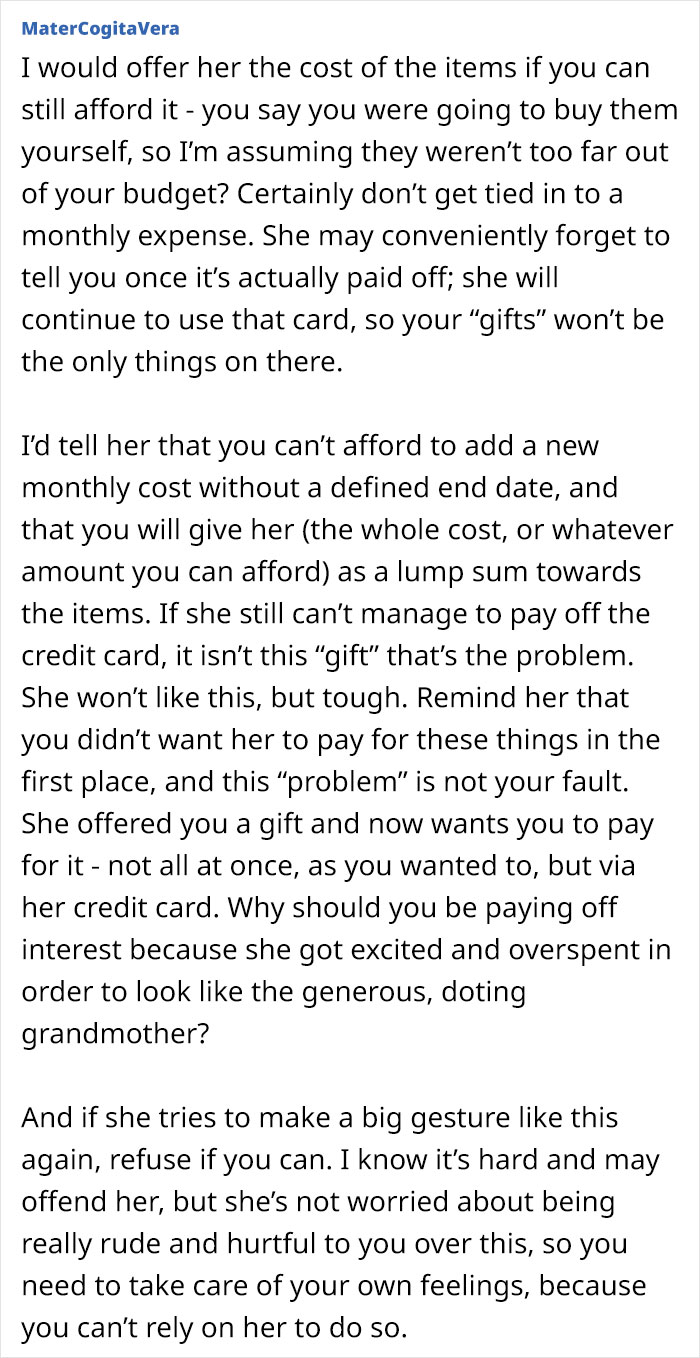Few events in life are more exciting than waiting for a baby to arrive. And that goes for everyone who can’t wait to meet the bundle of joy, from parents, to grandparents, and family friends.
People tend to get so excited, they want to shower the little one and its parents with love, attention, and quite often – gifts. That was the case with this soon-to-be-mom and her mother—a soon-to-be-grandma—who insisted on buying some necessary things for the baby. However, the generosity didn’t last long, as the woman asked her pregnant daughter to reimburse her soon after. Scroll down to find the full story below.
Expectant parents usually have quite a lot of shopping to do before the baby arrives
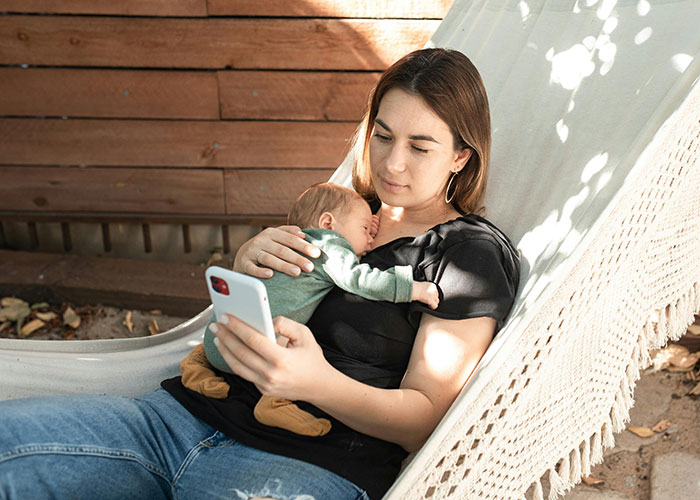
Image credits: RDNE Stock project/Pexels (not the actual photo)
This pregnant woman’s mother insisted on buying things for her grandchild, but changed her tune soon after
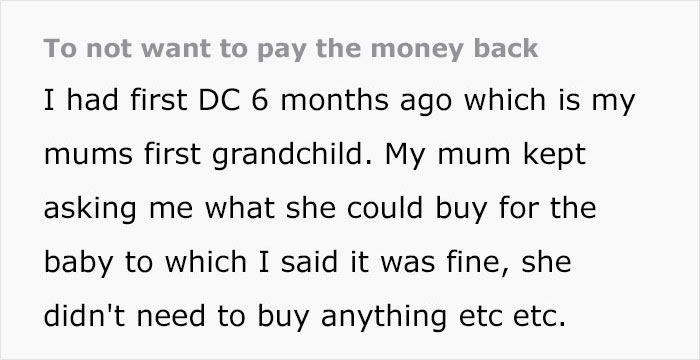
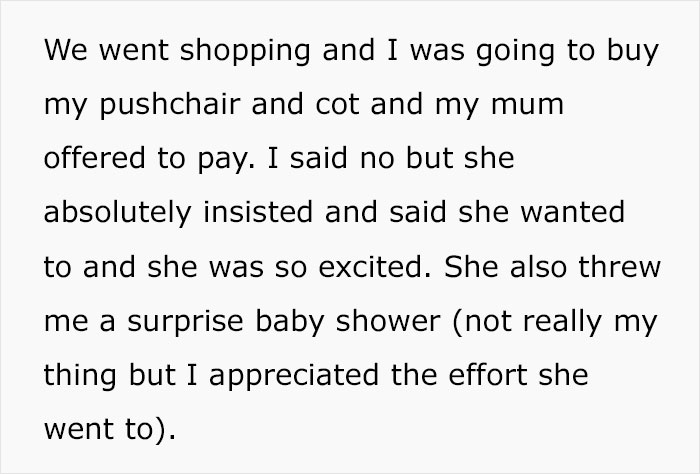
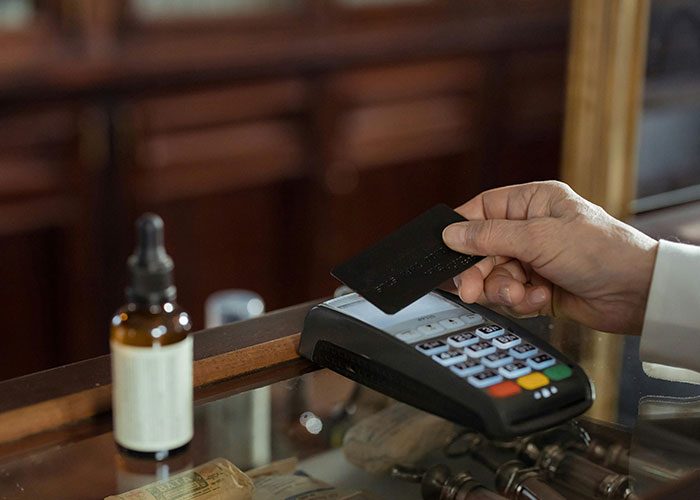
Image credits: cottonbro studio/Pexels (not the actual photo)
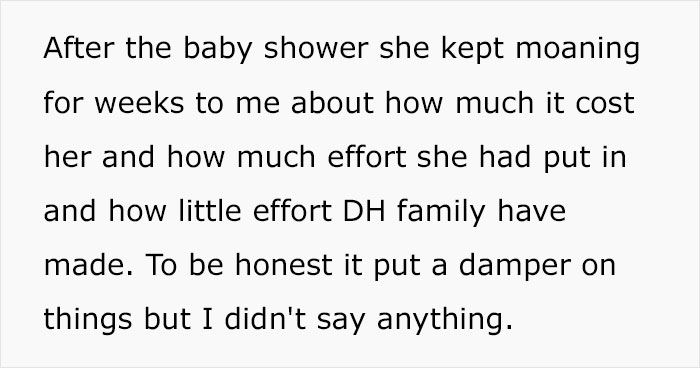
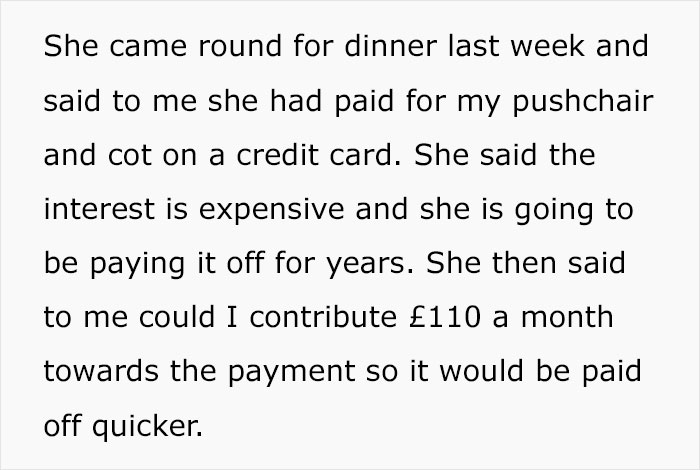
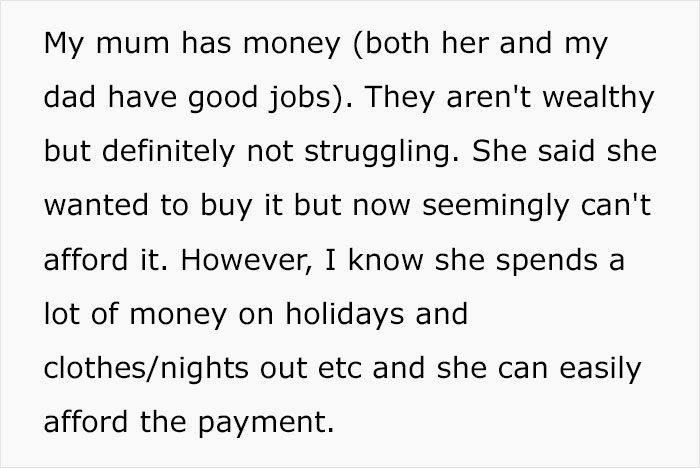
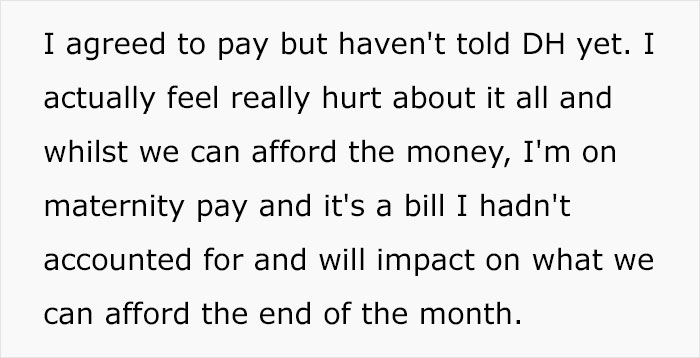

Image credits: Austin Guevara/Pexels (not the actual photo)

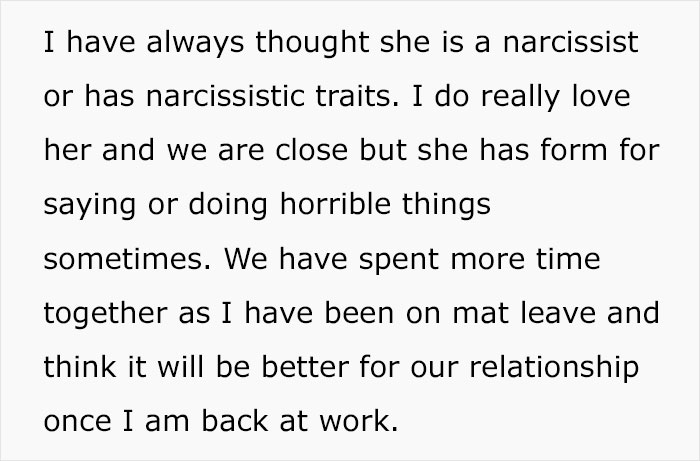
Image credits: djspaoxndn
Parents spend billions of dollars on kids’ and baby items every year
Those with a baby—in their arms or on the way—know just how many things new parents have to acquire. The essentials alone, such as baby clothes, diapers, cribs, or strollers, among other things, can add to quite an extensive list.
Luckily for some parents, friends and family with kids who’ve outgrown certain items are more than willing to pass them on. In addition to that, there’s always the option of buying secondhand, especially bearing in mind that kids tend to outgrow certain things, such as clothing, in what feels like a matter of minutes.
According to the online marketplace, Mercari, in 2021 alone, parents in the US spent a total of $143 billion on kids’ and baby items; a number which is expected to increase to $182 billion by the year 2030. However, according to Mercari’s Reuse Report: Family Edition, during the same year, roughly two-thirds of surveyed parents purchased secondhand kids’ and baby products, collectively spending somewhere around $7 billion.
“We all know that raising kids can be expensive. For families, embracing the circular economy is an excellent way to save money and unlock value. It’s a way to make homes feel less cluttered and more peaceful, at a time when having a refuge is more important than ever to our well-being. And it’s a way to do some good for our overtaxed planet,” the report read in part.
Up until a certain age, kids tend to appreciate items more than they do experiences
While buying secondhand is an excellent alternative for people seeking to minimize expenses, clutter, and consumerism, many parents—as well as other family and friends—can’t resist the temptation to treat their little one to an item or two that they want dearly. As a matter of fact, more than half of American parents believe that buying things for their kids is a way to bond.
In addition to that, up until a certain age, children reportedly tend to value palpable objects more than they do activities. According to a study, conducted by researchers at the University of Illinois Chicago, kids aged 3 to 12 derive more happiness from material things than from experiences.
“Don’t get me wrong. Young children do love experiences,” noted Lan Nguyen Chaplin, associate professor of marketing at the University of Illinois Chicago and the lead researcher of the study. “Entire industries (e.g., theme parks such as Disneyland) are built around this premise. In fact, young children are ecstatic throughout the experience. However, for experiences to provide enduring happiness, children must be able to recall details of the event long after it is over.”
According to Chaplin, making sure kids remember the time together can be easily done with the help of a camera, for instance. “Children are likely going to appreciate those experiences more if there is something to remind them of the event. Additionally, they’ll be able to learn the social value of shared experiences,” she explained.
While older children might prefer activities and younger ones – toys, newborns don’t really have preferences yet; though they do have needs. And in order to meet them, the OP had to buy quite a few items, which her mother insisted on paying for, only to change her mind about it soon after. After reading her story, fellow netizens assured the mom-to-be that she wasn’t being unreasonable for not wanting to pay her mother back.
Fellow netizens shared their thoughts in the comments
